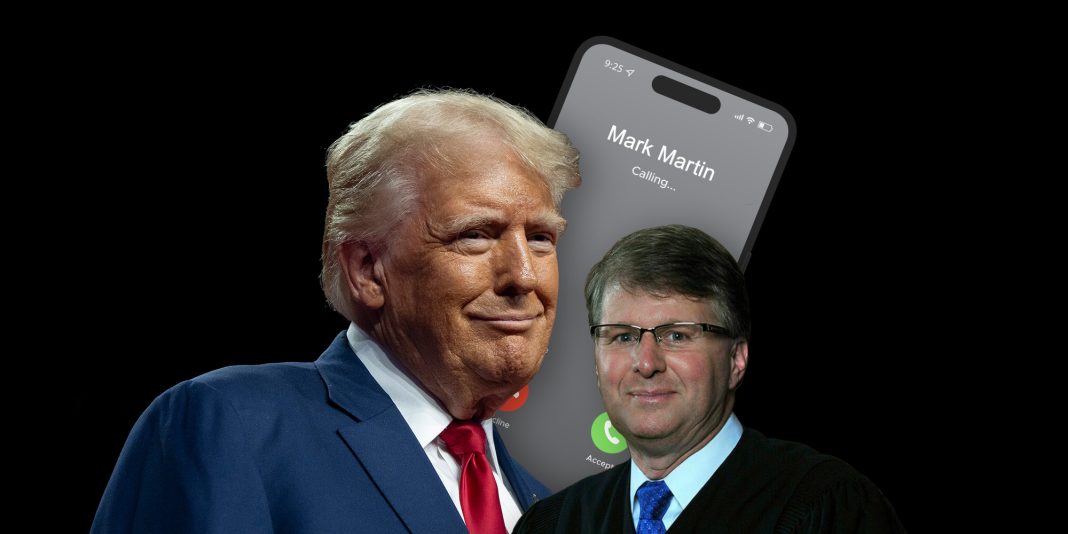In the wake of Hurricane Helene, a striking contrast has emerged between the swift actions of private individuals like Elon Musk and the often sluggish responses from federal agencies. As reported by The Free Press, many have pointed out that while Musk mobilized resources to aid affected communities, federal efforts appeared to hinder assistance in some instances.
Historically, during natural disasters, the speed at which government bodies respond pales in comparison to the agility of private entities. A poignant example stems from the Federal Communications Commission’s (FCC) controversial decision in 2022 to rescind a deal that would have installed Musk’s Starlink satellite receivers in rural areas, including those recently battered by the storm. This technology could have provided crucial internet access for communication and coordination of relief efforts. Commissioner Brendan Carr, dissenting from the decision, attributed the setback to what he termed a “pattern of regulatory harassment” by the Biden administration directed at Musk.
Musk’s contributions to the economy through ventures like SpaceX and Tesla are undeniable. His proactive approach during crises underscores a broader trend: when the stakes are high, private initiatives can outpace bureaucratic red tape. As noted by experts in disaster management, the ability of entrepreneurs and tech innovators to respond rapidly can be a lifeline for communities in distress. The lesson here is clear: during emergencies, a nimble private sector can often step in where governmental frameworks falter.
Transitioning to another pressing issue, the realm of education is currently grappling with the phenomenon of grade inflation, particularly post-COVID-19. Emma Camp from Reason highlights a troubling trend: while high school grades have soared, students’ performance on standardized tests remains stable, showcasing a disconnect between perceived achievement and actual capability. This discrepancy raises serious questions about college readiness and the reliability of grades as indicators of future success.
With more than 2,000 colleges opting for test-optional policies, the call for a return to standardized testing has gained traction. Advocates argue that standardized assessments provide a more reliable measure of a student’s ability to thrive in higher education. Schools that have reinstated testing requirements are finding it necessary to recalibrate their admissions processes to ensure that they are selecting candidates who can meet academic challenges head-on.
Meanwhile, in the international arena, the conflict in Israel has ignited a passionate discourse. Mick Hume from Spiked emphasizes that the ongoing conflict is not merely a political maneuver by Prime Minister Benjamin Netanyahu but a collective struggle that resonates deeply with millions who view the fight as integral to their heritage and future. This perspective challenges the mainstream media’s portrayal of the situation and calls for a more nuanced understanding of the complexities involved. The anti-Israel sentiments surfacing in Europe and America, according to Hume, threaten the very fabric of democratic values, urging supporters of democracy to stand in solidarity with Israel during this tumultuous period.
Domestically, the Hochul administration’s handling of Medicaid funding has raised eyebrows, particularly regarding a multibillion-dollar “MCO tax” on health plans. As reported by the Empire Center, the lack of transparency surrounding this initiative has sparked significant concerns about its implications. Critics argue that a move of this magnitude should have been accompanied by comprehensive public disclosure and debate to address potential risks. The retroactive application of this tax could further complicate matters for health plans and their beneficiaries, raising the stakes for accountability in government spending.
Lastly, Vice President Kamala Harris’s track record is under scrutiny, especially regarding initiatives aimed at expanding internet access and electric vehicle infrastructure. A staggering $42.45 billion allocated for the Broadband Equity Access and Deployment Program has reportedly failed to connect a single individual to the internet. Similarly, the ambitious goal of constructing 5,000 electric vehicle charging stations has resulted in a mere seven new stations across the country. Critics attribute these failures to overregulation and the complexities introduced by diversity and equity mandates, suggesting that a reevaluation of the approach to such projects is necessary.
In conclusion, the narratives surrounding Hurricane Helene, education, international conflicts, state governance, and federal initiatives serve as a reflection of broader societal challenges. They illuminate the intricate interplay between public and private sectors, the importance of accountability in governance, and the pressing need for effective strategies to address complex issues in our rapidly evolving world. As we navigate these multifaceted challenges, it becomes increasingly important to foster collaboration and transparency while ensuring that the voices of those most affected remain at the forefront of the conversation.

